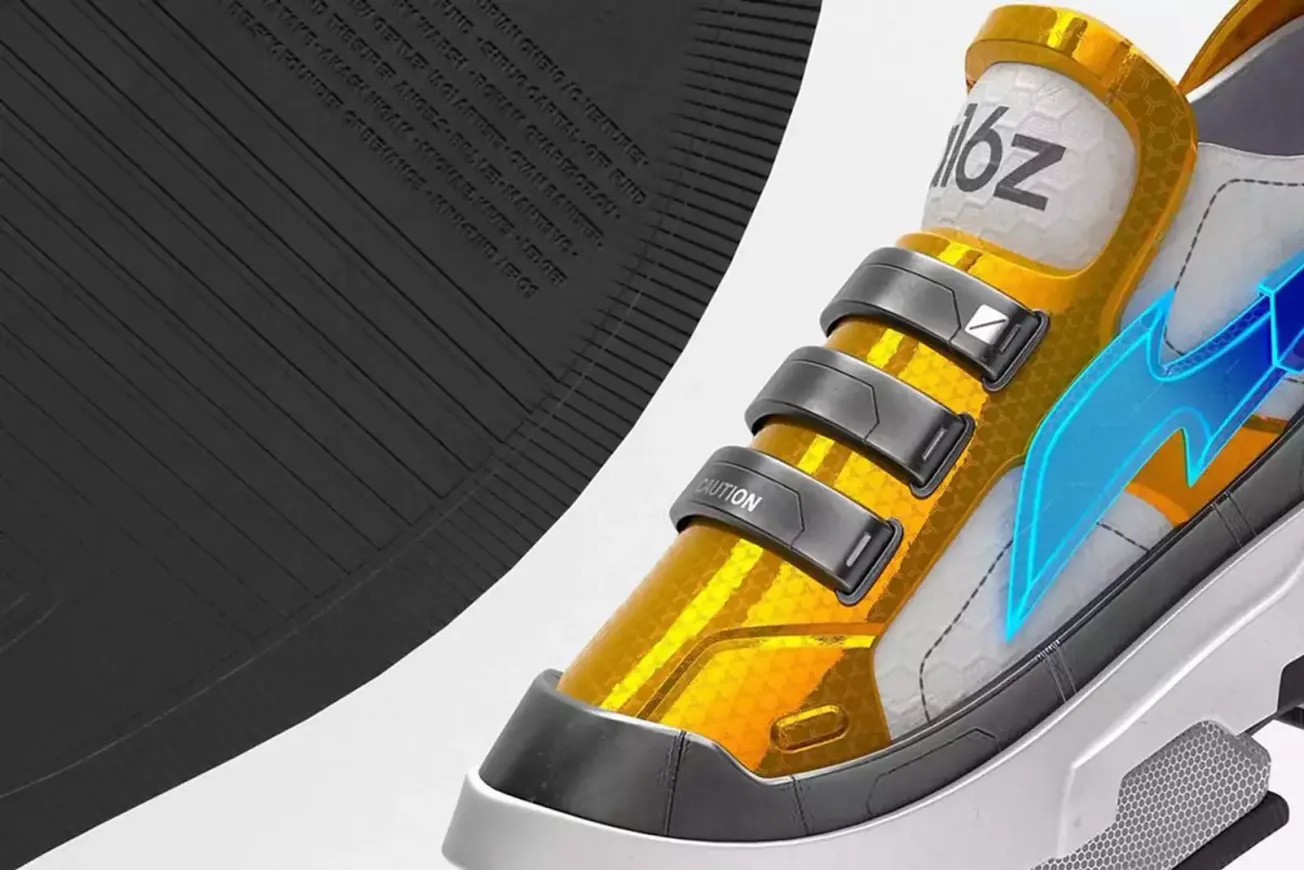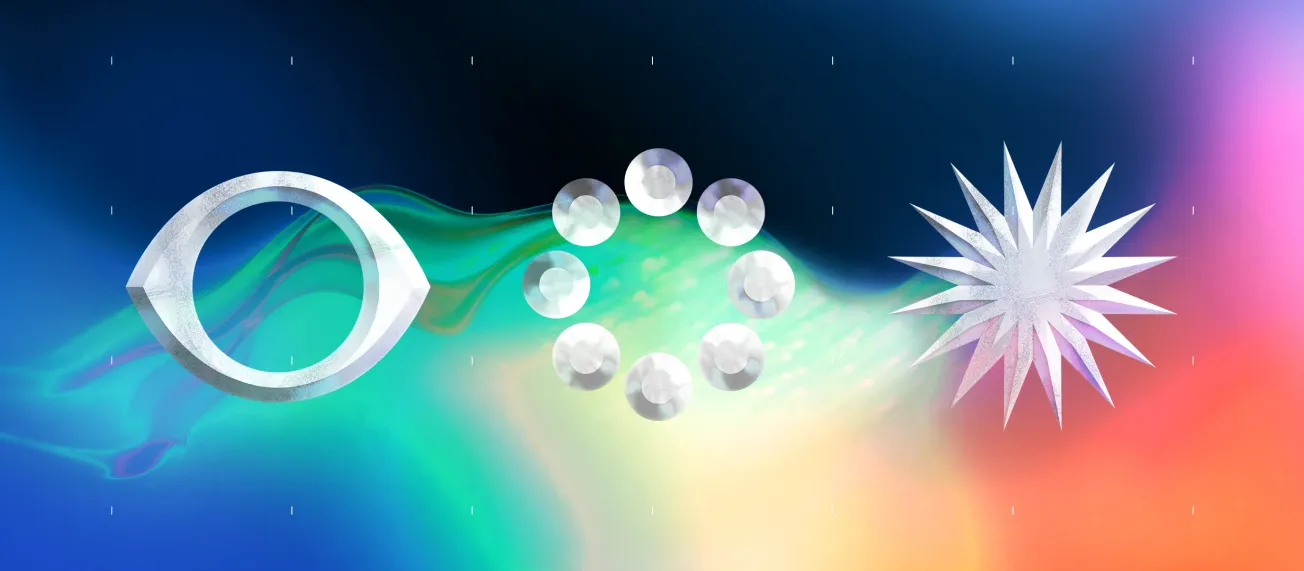In the wake of the 2023 Consumer Electronics Show (CES), rumors are once more swirling about Apple’s plans to launch its own mixed-reality headset this year.
Despite chief executive Tim Cook’s claims in October that “the average person can’t tell you what the metaverse is,” numerous media outlets are reporting that Apple will follow Facebook into the metaverse in Q2.
A Landmark Release
The rumors aren’t really surprising: Apple has built its global business on cutting-edge hardware (MacBooks, iPhones), so it was only a matter of time before it set about creating a headset to rival the likes of the Oculus Quest 2 and Pico 4.
The iPhone maker is famously tight-tipped about the products it has in the pipeline, though the headset is expected to support mixed reality: in other words, it will be capable of both virtual and augmented reality.
Bloomberg’s Mark Gurman revealed that Apple is planning to debut the new Reality Pro headset ahead of the company’s Worldwide Developers Conference (WWDC) in June, and to ship it later in the year. The hardware is seven years in the making and has already been shared with a cadre of software developers for testing and app-development purposes.
Interestingly, the Reality Pro’s operating system – which has carried the working title Borealis to date – will be called xrOS. Extended reality (XR), of course, is a catch-all term that refers to both augmented and virtual reality. The device will be Apple’s flagship offering in 2023, as upgrades to its existing product line (iPad, AirPods, etc) will be modest.
While it’s unclear if the headset will be unveiled at Apple’s spring event, or part of WWDC itself, the company is also said to be working on rolling out AR experiences for its physical outlets. Moreover, it is integrating new augmented-reality features into its Apple Store mobile app, which are designed to activate whenever a user enters one of its retail units.
The latter will allow shoppers to hold their smartphone over a product, whereupon a graphic overlay will appear on screen related to pricing, specifications, etc.
Costly Hardware
VR headsets underperformed last year, with many consumers priced out and sales falling 2% year-over-year. However, this hasn’t stopped the likes of Meta, HTC, PlayStation and now Apple investing in the technology.
At present, the most expensive device on the market is the Meta Quest Pro which has a price tag of $1,500. Given its track record, brand recognition and reputation for sophisticated technology, Apple’s device will almost certainly cost more; Bloomberg’s Trung Phan suggests around $3,000.
If you thought that metaverse hype had died down, the release of the Reality Pro could take things to a whole new level. Especially if the high-performance headset proves a hit with Apple’s loyal customer base, which has historically been only too happy to pay top dollar for its devices. One would expect the Reality Pro to go head-to-head with Meta’s forthcoming Quest 3, which is slated to launch by the end of 2023.
Now seems like a great time for Apple to enter the VR/AR scene. According to a recent McKinsey & Company report, the technology has the potential to generate up to $5 trillion in value across consumer and enterprise use cases by 2030.










